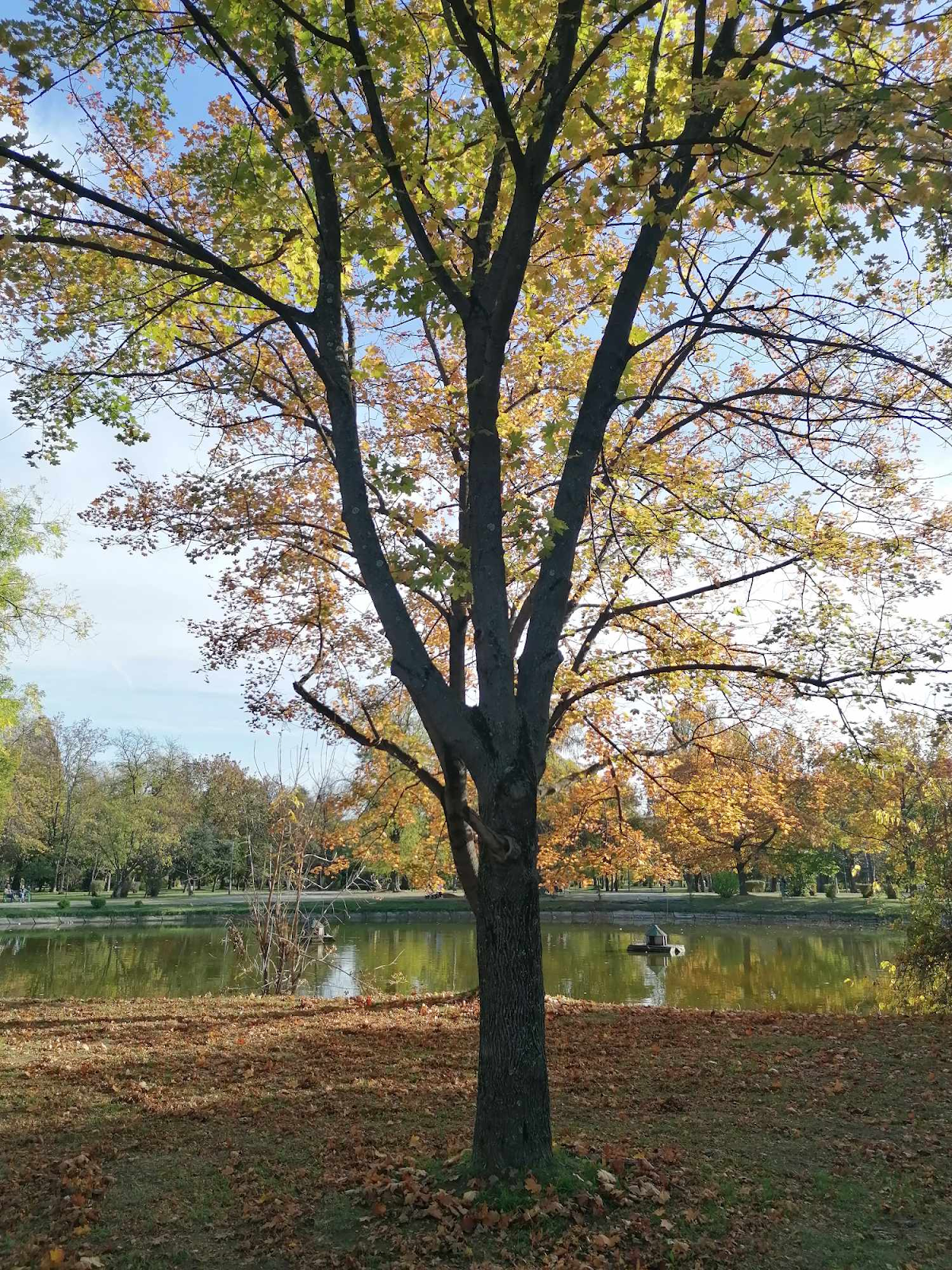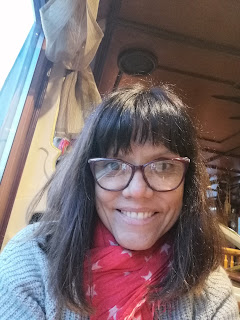What are the differences between art therapy and coloring books? Is Art Therapy a copy paste of some activity on Pinterest?
What are the differences between art therapy and coloring books? Is Art Therapy a copy paste of some activity on Pinterest?
A couple of weeks ago a controversy broke out following the launch of the new “Barbie Art Therapist” many institutions and professionals gave their opinions on the matter, thus generating a controversy about it. In particular, I think that arguing over a doll seems unproductive to me, considering that there are much more important things happening in the world right now that we should pay more attention to. But it did make me reflect on some experiences at work, such as many health professionals have the mistaken idea that art therapy is painting coloring books or replicating group artistic activities that they find on Pinterest. I'll start by saying that the intention of this post is to try to clarify a little what art therapy is. Coloring books can help us relax by giving us a moment of distraction, as well as help us improve attention. But then what is the difference with art therapy? Let's see, in art therapy there is a therapeutic relationship with a specialist professional, that already makes an important difference. Art therapy is a form of psychotherapy based on the creative process of any form of artistic expression (music, painting, dance, theater, photography, sculpture, etc.) where the aesthetic result is not important, and the objective is to achieve emotional well-being, mental, physical and sometimes even spiritual of the person. Therefore, it can be directed to adults, young people, and children, without exception, since no prior knowledge or experience in art is needed. The creativity and the affinity are used to support the process and stimulate expression in multimodal and multisensory ways. Art therapy's creative process is performed freely and independently. The therapist is a companion and guide for this process. Now the fact of finding an interesting activity on Pinterest and replicating it in a workshop, although it has some benefits, does not make it an art therapy session, for the reasons explained above. When I started art therapy, I was my own laboratory. It was a very deep and exhaustive personal work, which by the way has not ended, it is constant. But this has given me a deep understanding of what the creative process is like and the situations that can arise from this process, as well as giving me the necessary flexibility to know what is best suited at the moment of an individual or group therapeutic session. Being my main laboratory also gives me the opportunity to develop a conscious listening to what the person who is with me has to say, physically, energetically, verbally and through artistic expression. Art therapy or Expressive Art Therapy? It is a new debate in this field, particularly since I started art therapy I have used all forms of artistic expression, since part of the creative process is exploration and observation, and we cannot stop only at painting, for example. But this understanding has been the result of being my own laboratory. I have always believed that if you are an art therapist, you have to live in art, you have to breathe art, you have to constantly work on your curiosity, openness and flexibility. These will also give you an understanding of cultural influence when it comes to expression through art. When we look at a person we have to take a comprehensive look including not only their personal history, but also their roots, their traditions, their culture. Because this can be a bridge for a first dialogue in the creative process. And the last thing I will say here is that to be an art therapist I have learned that a great dose of humility is needed, because many times it is not what you propose, it is what arises in the moment, because there will always be an unknown element in which You don't know how it will end or where the creative process will take you. Without a doubt a very broad topic that requires other chapters, but I hope to have clarified a little what art therapy means.



Comments
Post a Comment